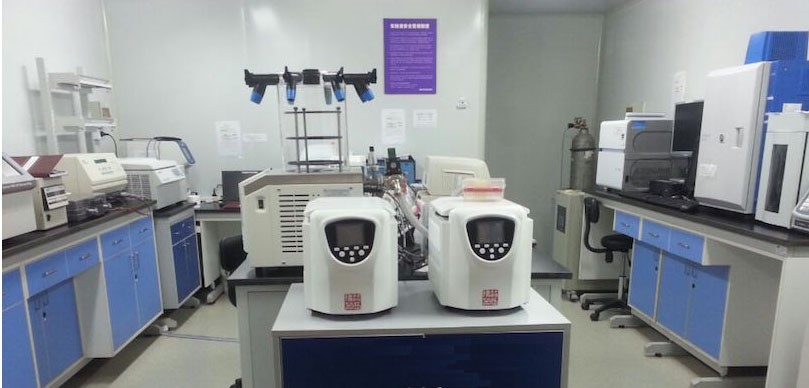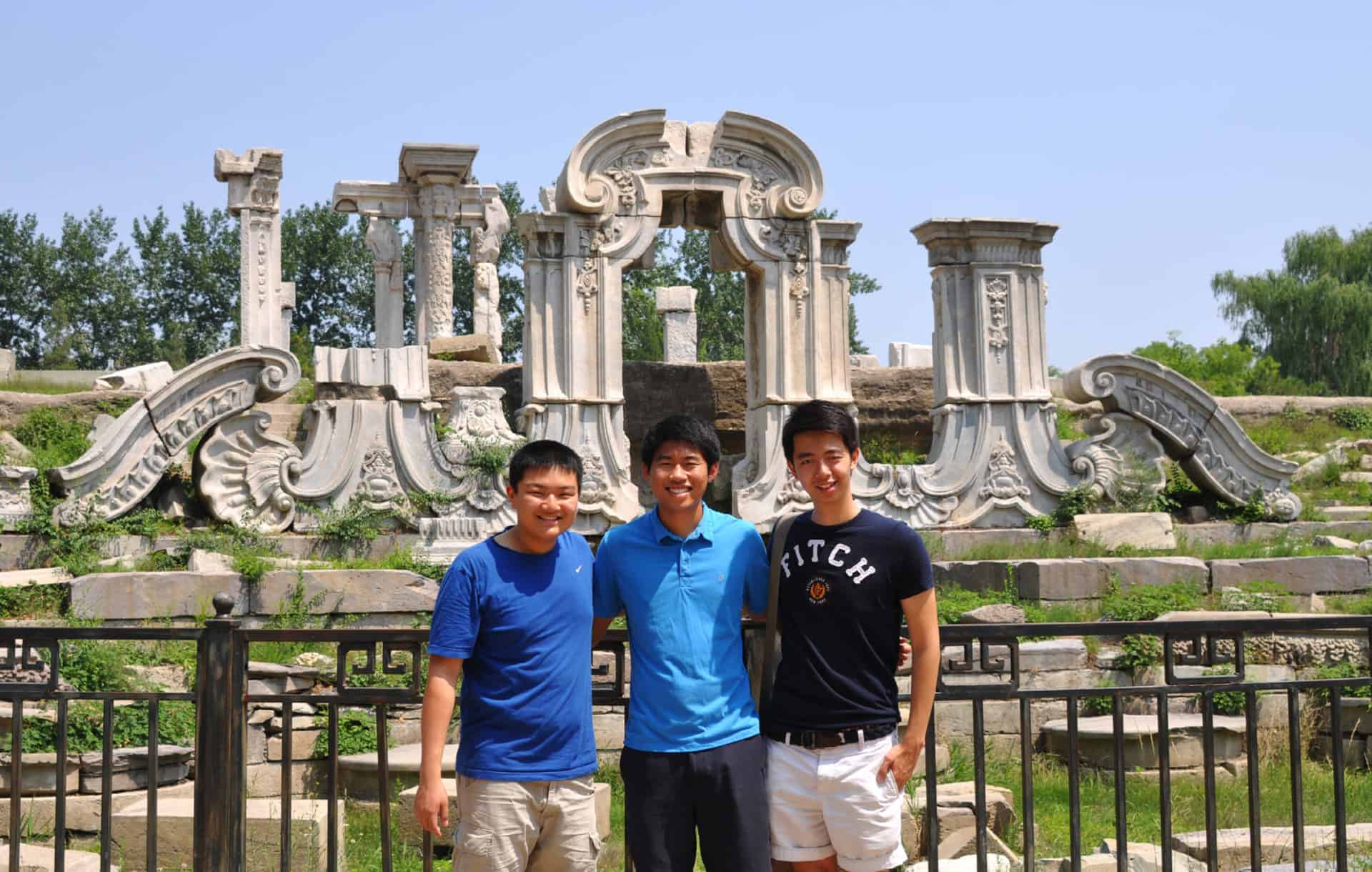What is the acceptance rate for Tsinghua University for international students:The acceptance rate for international students at Tsinghua University varies yearly, averaging around 10-15%.
Table of Contents

Introduction
Background of Tsinghua University
Established in 1911, Tsinghua University is one of China’s most prestigious institutions of higher education. Originally founded as a preparatory school for students going on to study in the United States, it has grown and evolved into a comprehensive research university known for its rigorous academic programs and notable alumni.
Overview of Tsinghua University’s Admissions
- Application Portal: Tsinghua University provides an online portal for both domestic and international students to submit their applications.
- Application Period: Typically, the application period opens in October and closes by January for the upcoming academic year. However, specific dates may vary, so it’s essential to check the official admissions website for the most updated information.
- Documents Submission: Prospective students need to submit transcripts, recommendation letters, personal statements, and other essential documents as part of the application package.
- Application Fee: There is a non-refundable application fee that all applicants must pay before submitting their applications.
- Interviews: Some programs might require candidates to attend interviews, either in person or via video conference, as part of the selection process.
- Admission Results: Once admitted, students will receive further instructions regarding visa applications, housing, and enrollment procedures.
Criteria for Evaluation of International Students
- Letters of Recommendation: These should preferably be from instructors familiar with the academic achievements and potential of the student.
- Personal Statement: This provides an insight into the student’s goals, experiences, and reasons for choosing Tsinghua.
Acceptance Rate for International Students
The acceptance rate for international students at Tsinghua University is a testament to the institution’s growing global reputation and the increasing competitiveness of its programs.
- 2021: 12%
- 2020: 14%
- 2019: 13%
- 2018: 11%
Historical Data on Acceptance Rates
Over the years, the acceptance rate for international students at Tsinghua University has fluctuated, reflecting various factors including global educational trends, university initiatives, and international geopolitical factors. Delving into the historical data provides a comprehensive understanding of these shifts.
- 2017: 10%
- 2016: 11%
- 2015: 9%
- 2014: 8%
Comparison with Domestic Acceptance Rates
When comparing with domestic acceptance rates, it’s evident that Tsinghua’s international student admissions are distinct, owing to different evaluation criteria and the diverse applicant pool.
- International Acceptance Rate (2021): 12%
- Domestic Acceptance Rate (2021): 6%
Factors Influencing the Acceptance Rate
Several factors influence Tsinghua University’s acceptance rate for international students. Understanding these can shed light on the intricate dynamics of the university’s admissions process:
- Academic Rigor and Reputability: The stronger an applicant’s academic background, the higher the chances of acceptance. Tsinghua looks for students who have excelled in their prior studies and showcases promise in their chosen field.
- Global Recognition: As Tsinghua’s global stature continues to rise, more international students apply, making the admissions process more competitive.
- Alumni Network: Tsinghua’s alumni have made significant strides in various fields. The success of alumni can often influence the number of applications a university receives.
- Collaborative Programs: Partnerships with other leading universities worldwide can increase interest in specific programs, thus affecting acceptance rates.
- Facilities and Opportunities: State-of-the-art facilities, research opportunities, and international conferences can attract a higher number of quality applicants.

Diversity and Internationalization Goals
Tsinghua places immense value on creating a diverse and multicultural campus environment.
- Targeted Outreach: The university actively reaches out to students from diverse backgrounds, cultures, and nationalities to create a mosaic of perspectives on campus.
- Scholarships and Grants: By offering financial aid, scholarships, or grants specifically for international students, Tsinghua encourages a more diverse applicant pool.
- Cultural Exchange Programs: These programs facilitate a richer cultural exchange, further bolstering Tsinghua’s goal to be a global academic hub.
Number of Applications Received Yearly
The number of applications Tsinghua receives yearly directly influences the acceptance rate.
- Trends in Global Education: As Asia, and specifically China, becomes a popular destination for higher education, Tsinghua sees an uptick in applications.
- Marketing and Outreach: Tsinghua’s participation in global education fairs, webinars, and other outreach programs can influence the number of applications.
- Online Presence: With the rise of digital platforms, Tsinghua’s online presence, through platforms like Coursera or edX, can lead to increased interest and applications.
Quotas for Different Countries or Regions
While Tsinghua aims for diversity, there might be quotas or targets for specific countries or regions to maintain a balanced international student population.
- Bilateral Agreements: Tsinghua might have agreements with certain countries to accept a specific number of students each year.
- Global Initiatives: Based on global partnerships and initiatives, Tsinghua might prioritize students from specific regions to strengthen international ties.
- Economic and Political Factors: Geopolitical dynamics can influence student intake from certain countries or regions, reflecting broader national or international strategies.
Application Requirements for International Students
- Application Portal: Students must apply through Tsinghua’s dedicated international application portal, ensuring all sections are completed accurately.
- Application Fee: An essential aspect of the application process, this non-refundable fee, varies based on the program and must be paid before submission.
Academic Records and Test Scores
Academic achievements play a significant role in the admissions process:
- Transcripts: Detailed academic transcripts from all previously attended institutions are necessary. These should ideally be accompanied by a ranking or percentile, if available.
- Standardized Tests: Depending on the program, international students might need to submit scores from standardized tests like SAT, ACT, GRE, or GMAT.
- Language Proficiency: For non-native speakers, language proficiency scores such as TOEFL, IELTS, or HSK (for Chinese-taught programs) are essential.
Letters of Recommendation
Recommendation letters offer insights into the applicant’s academic and personal qualities:
- Content: The letters should be from individuals familiar with the student’s academic or professional achievements, such as professors, supervisors, or mentors. They should provide a holistic view of the student’s capabilities, potential, and character.

Essays and Personal Statements
This component allows students to present themselves beyond their grades:
- Topics: Essay topics vary each year but generally revolve around the student’s goals, experiences, or perspectives on certain global issues.
- Purpose: The statement should clarify the student’s drive for Tsinghua, their goals, and how the program fits their aspirations.
Interviews and Additional Assessments
Some programs at Tsinghua might have added layers of evaluation:
- Interviews: Depending on the course, an interview might be conducted in person, over the phone, or via video conferencing platforms. It evaluates the student’s knowledge in the chosen field, their communication skills, and their fit for the program.
- Portfolio or Work Samples: For programs like design, architecture, or arts, a portfolio showcasing the student’s previous work might be necessary..

